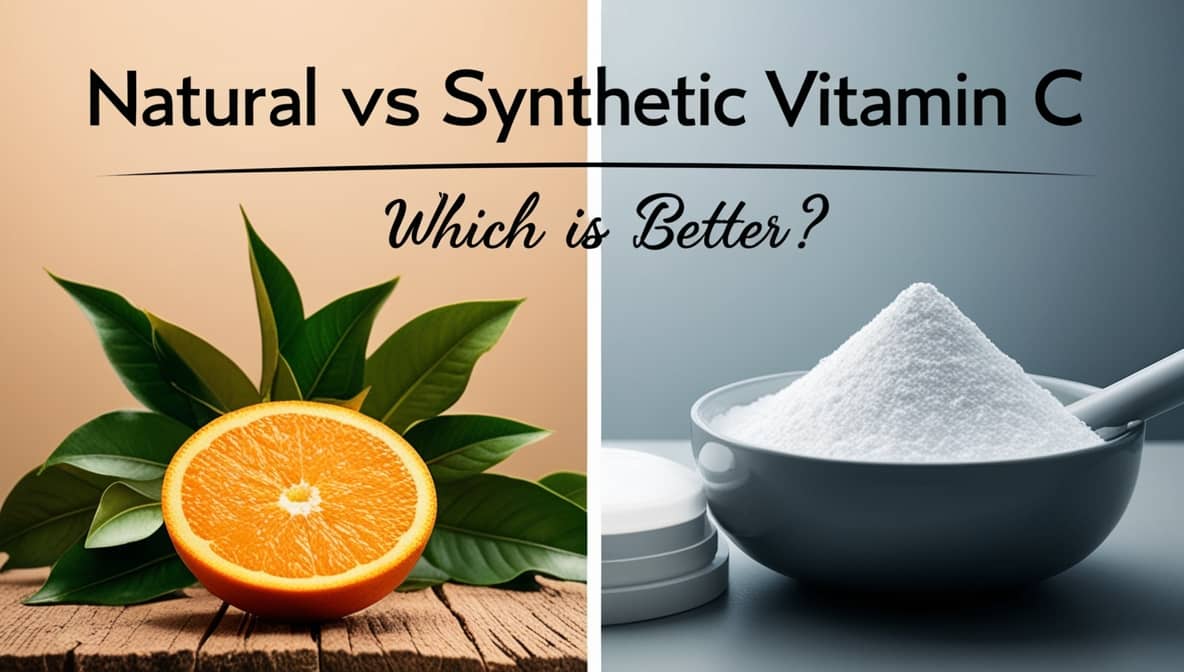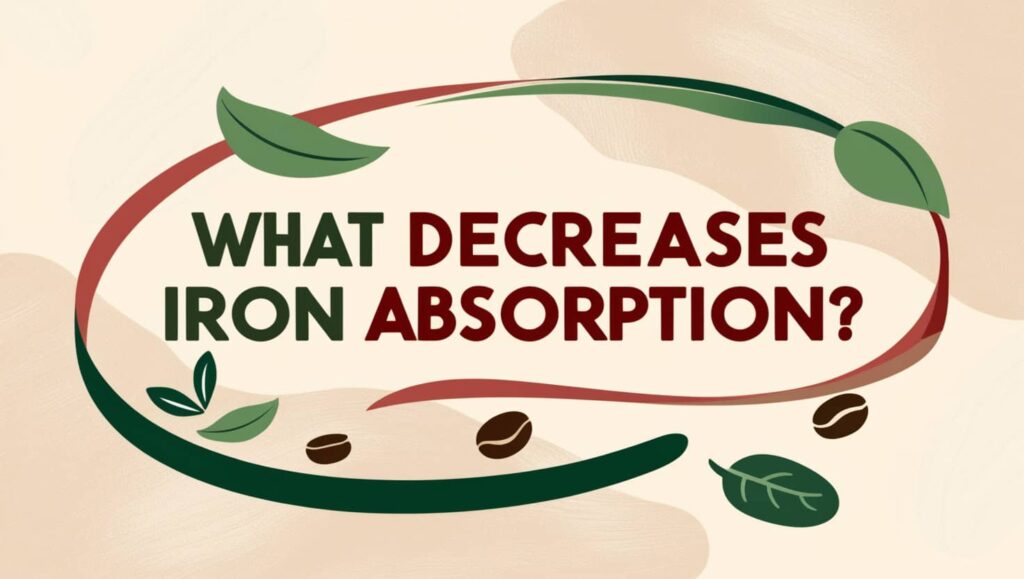As an essential micronutrient, vitamin C plays a pivotal role in supporting the human immune system. Thanks to its electron-donating ability, this vitamin performs multiple vital functions, most notably as a powerful antioxidant and a cofactor for a range of vital enzymes and gene regulators.
Its effects extend to supporting both the innate and adaptive immune systems. Not only does it strengthen epithelial barriers (such as the skin) against pathogens, but it also actively participates in enhancing the functions of key immune cells, making it an indispensable component for preventing and combating infections.
According to recent studies, vitamin C supplements can prevent and treat respiratory and systemic infections. Preventing infections requires dietary vitamin C intake at adequate, if not saturating, plasma levels (i.e., 100-200 mg/day). Let’s explore all about this amazing vitamin in the following paragraphs.
The Role of Vitamin C in Immune Health
Vitamin C supports the immune system in multiple vital ways, affecting both the innate (first-line) and adaptive (specialized) immune systems. It performs the following roles:-
1. Enhances Skin Barrier Function
Vitamin C is essential for the production of collagen, a major structural protein in our skin, which acts as a physical barrier against pathogens.
As an antioxidant, it helps protect skin cells from oxidative stress caused by environmental toxins and UV exposure.
2. Supports Cellular Immune Function
Phagocytosis → Vitamin C helps white blood cells, such as neutrophils and macrophages, engulf and destroy invading bacteria and viruses.
Oxidative surge → It enhances the “oxidative surge” these cells use to eliminate microbes, while protecting the white blood cells themselves from harmful byproducts of this process. (PubMed, 2020).
3. Enhances Lymphocyte Function
Vitamin C accumulates in other key immune cells, such as T cells and B cells (lymphocytes), which are essential for the adaptive immune response. It supports the growth and reproduction of these cells, enabling the body to launch a targeted attack against specific pathogens.
4. It Acts as a Powerful Antioxidant
During an infection, the body experiences significant oxidative stress, generating free radicals that can damage cells and tissues.
Vitamin C neutralizes these free radicals, protecting immune cells and other tissues from damage, allowing them to function optimally.
5. It Reduces the Duration of Colds
Some studies suggest that taking vitamin C supplements regularly does not definitively prevent colds, but it may reduce the duration and severity of symptoms in some people.
Key Health Benefits of Vitamin C Supplements
Getting vitamin C (ascorbic acid) from a balanced diet rich in fruits and vegetables is good, but many diets lack these components, causing a significant percentage of people to become deficient in this important vitamin.
Here’s a detailed look at the main health benefits of vitamin C supplements, backed by scientific evidence:
1. Preventing Scurvy
Vitamin C is essential for the production of collagen, the structural protein that holds body tissues (skin, tendons, ligaments, and blood vessels) together.
A severe deficiency of this protein causes scurvy, which is characterized by bleeding gums, bruising, joint pain, and poor wound healing. Supplements are a direct and effective treatment and prevention of this condition.
2. Boosting Immunity During Stress
Physical stress, such as strenuous exercise or extreme cold, can increase the body’s need for vitamin C and temporarily weaken the immune system.
Studies consistently show that taking vitamin C supplements (usually 250–1,000 mg daily) for people under extreme physical stress (such as marathon runners, skiers, and soldiers) can reduce the risk of colds by approximately 50%. For the general population, vitamin C doesn’t prevent colds, but it can reduce their duration and severity.
3. Powerful Antioxidant Protection
Vitamin C is a powerful antioxidant that neutralizes free radicals—unstable molecules that cause oxidative stress, a major contributor to chronic disease and aging.
By donating electrons to stabilize free radicals, vitamin C supplements can help protect cells from damage. This has been linked to:
1. Reducing the Risk of Chronic Disease
Protecting skin health from UV-induced damage. It is essential for collagen formation, which may reduce wrinkles and promote skin healing.
2. Improving Iron Absorption
Vitamin C converts plant-based non-heme iron (which is poorly absorbed) into a more easily absorbed form in the intestine.
Taking a vitamin C supplement with a meal increases iron absorption by up to 67%, helping people with iron deficiency or difficulty absorbing iron.
Vitamin C doesn’t work in isolation. Its functions are supported by other minerals like magnesium—the unsung hero of good health.
It’s important to note that certain dietary components, like tannins, can decrease iron absorption.
4. Supports Collagen Production and Skin Health
Vitamin C is a cofactor for enzymes involved in collagen formation, an essential component of skin health.
Topical and oral vitamin C supplements can: –
-
- Promote wound healing and skin repair.
- Improve skin hydration and elasticity.
- Reduces the appearance of wrinkles and age-related dryness.
May reduce the risk of chronic diseases
Although more research is needed, observational studies link higher levels of vitamin C in the diet and supplements to a reduced risk of several health conditions, such as:
-
- Heart disease: It may help lower blood pressure, improve blood vessel function, and reduce the oxidation of LDL (bad) cholesterol. For a natural approach to managing this, explore our guide on proven home remedies for high blood pressure.
- Gout: It can lower blood uric acid levels, reducing the risk of gout attacks.
- Age-related macular degeneration (AMD) and cataracts: Its role as an antioxidant in the eye may help slow the progression of age-related macular degeneration and reduce the risk of cataracts, especially when combined with other nutrients.
Supports cognitive health
The brain is more susceptible to oxidative stress. Vitamin C is concentrated in the brain and acts as a major antioxidant.
Higher intakes of foods and supplements rich in vitamin C have been associated with a lower risk of cognitive decline, Alzheimer’s disease, and vascular dementia.
Natural vs Synthetic Vitamin C: Which Is Better?
For the vast majority of people, there’s no significant biological difference between the two in terms of how the body uses the vitamin. The molecule is identical, and the body can’t determine its source.
However, the context in which you consume vitamin C—whether it’s alone in a pill or with other nutrients in an orange—makes a difference.

Pros and Cons at a Glance
| Feature | Natural Vitamin C (from Food) | Synthetic Vitamin C (Supplements) |
| Form | Part of a complex food matrix. | Isolated ascorbic acid (or a derivative). |
| Additional Nutrients | Yes (fiber, bioflavonoids, potassium, etc.). | Typically no, unless specifically added. |
| Absorption | Good, slightly slowed by fiber. | Excellent and highly efficient. |
| Health Benefits | Provides holistic benefits from the entire food package. | Provides targeted, high-dose Vitamin C benefits. |
| Dosage Control | Difficult to get very high doses. | Easy to achieve precise, high doses. |
| Cost & Convenience | Requires a consistent diet of fruits/vegetables. | Inexpensive, convenient, and long shelf life. |
| Stomach Sensitivity | Very gentle. | Pure ascorbic acid can be harsh on some stomachs. |
It’s not about favoring one over another, but rather understanding their roles:-
- You should build your nutritional foundation on a diet rich in whole fruits and vegetables. This provides you with the vitamin C you need, along with countless other beneficial compounds.
- Use a synthetic vitamin C supplement as a tool to fill a gap, address a deficiency, or provide a therapeutic dose that diet alone doesn’t provide.
Vitamin C Overdose: How Much Is Too Much
Serious side effects rarely occur from excessive vitamin C intake, as it is a water-soluble vitamin, and excess amounts are excreted in urine.
However, doses exceeding 2,000 mg per day are not recommended.
These high doses may cause stomach upset, diarrhea, and kidney stones. (Msdmanuals, 2024)
Large doses of vitamin C supplements are not recommended during pregnancy, as they may cause vitamin C deficiency in the fetus after birth.
References
- msdmanuals. (2024). Retrieved from Vitamin C Toxicity
- PubMed. (2017). Retrieved from Vitamin C and Immune Function
- PubMed. (2020). Retrieved from Free Radicals in Health and Disease







